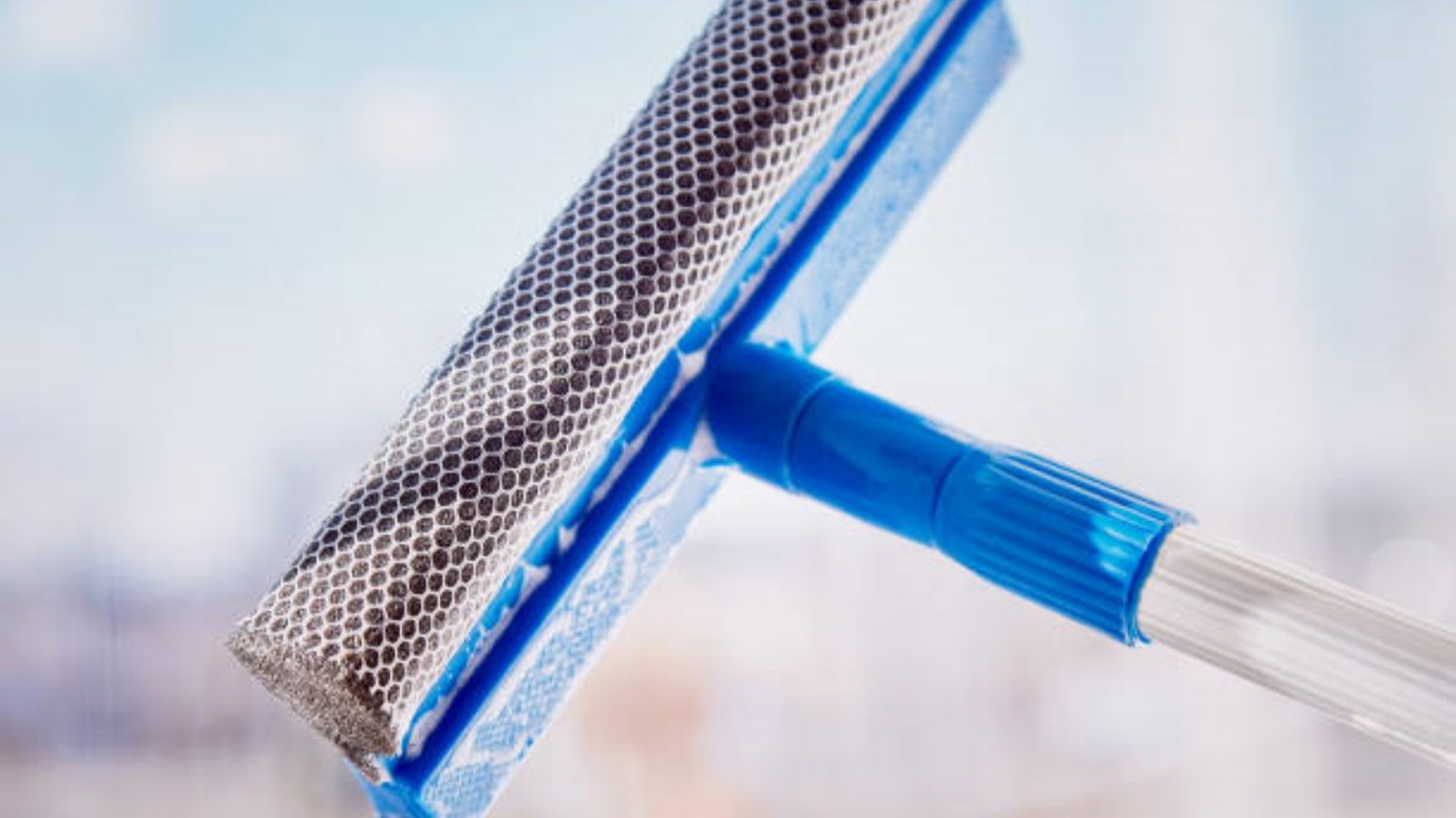Enhancing Food Safety with a Polyurethane Scraper
Food processing involves numerous steps, from preparing ingredients to packaging finished products. One crucial aspect of this process is maintaining strict hygiene and sanitation standards to ensure the safety of the food being produced. A polyurethane scraper is an essential tool in any food processing facility, offering a range of benefits that contribute to the overall cleanliness and efficiency of the operation.
1. Superior Hygiene of Using a Polyurethane Scraper
One of the primary advantages of using a polyurethane scraper in food processing is its superior hygiene properties. Polyurethane is a non-porous material, meaning it does not absorb liquids or harbor bacteria, unlike other scraper materials such as wood or metal. This characteristic significantly reduces the risk of cross-contamination and helps maintain a hygienic environment.
2. Chemical Resistance of Using a Polyurethane Scraper
Food processing often involves the use of various chemicals and cleaning agents to sanitize equipment and surfaces. Polyurethane scrapers are highly resistant to these chemicals, ensuring they will not degrade or contaminate the food being processed. This resistance also makes them easy to clean and sanitize regularly, further enhancing their hygiene benefits.
3. Durability and Longevity of Using a Polyurethane Scraper
Another important aspect of a polyurethane scraper is its durability and longevity. Unlike other scraper materials that may wear down or break over time, polyurethane scrapers are designed to withstand the rigorous demands of food processing. They are resistant to abrasion, impact, and temperature extremes, making them a reliable choice that will last for an extended period.
4. Non-Scratching Properties of Using a Polyurethane Scraper
When working with delicate surfaces or equipment, it is crucial to avoid scratching or damaging them. Polyurethane scrapers have excellent non-scratching properties, making them an ideal choice for use in food processing. Whether it's scraping residue off stainless steel surfaces or removing dough from mixing bowls, a polyurethane scraper will effectively clean without causing any damage.
5. Heat Resistance of Using a Polyurethane Scraper
Some food processing operations involve working with hot ingredients or in high-temperature environments. Polyurethane scrapers can withstand these heat conditions without warping or melting, ensuring their functionality and safety even in extreme temperatures. This heat resistance adds versatility to their use in various food processing applications.
6. Ergonomic Design
In a fast-paced food processing environment, having ergonomic tools is essential to promote worker comfort and prevent injuries. Polyurethane scrapers are often designed with ergonomic handles, providing a comfortable grip and reducing strain on the user's hand and wrist. This design feature contributes to improved productivity and employee satisfaction.
7. Versatility of Using a Polyurethane Scraper
Polyurethane scrapers come in various shapes and sizes, allowing them to be used for a wide range of tasks in food processing. From scraping mixing bowls to cleaning conveyor belts, these versatile tools can handle multiple applications, eliminating the need for separate scrapers for different tasks and simplifying the overall process.
8. Noise Reduction
In a busy food processing environment, noise levels can be a concern. Polyurethane scrapers produce less noise compared to metal or wooden scrapers, contributing to a quieter and more comfortable working environment. This noise reduction can be particularly beneficial in facilities where noise control is essential, such as those with open kitchens or nearby office spaces.
9. Cost-Effectiveness
Investing in polyurethane scrapers can lead to long-term cost savings for food processing facilities. Their durability and longevity mean they need to be replaced less frequently compared to other scraper materials. Additionally, their superior hygiene properties can help prevent contamination issues that may result in costly product recalls or legal liabilities.
10. Compliance with Food Safety Regulations
Food processing facilities must adhere to strict food safety regulations to ensure the quality and safety of their products. Using polyurethane scrapers can contribute to compliance with these regulations, as they are designed specifically for food contact applications and meet relevant industry standards. By incorporating polyurethane scrapers into their processes, food processors can demonstrate their commitment to food safety and regulatory compliance.

